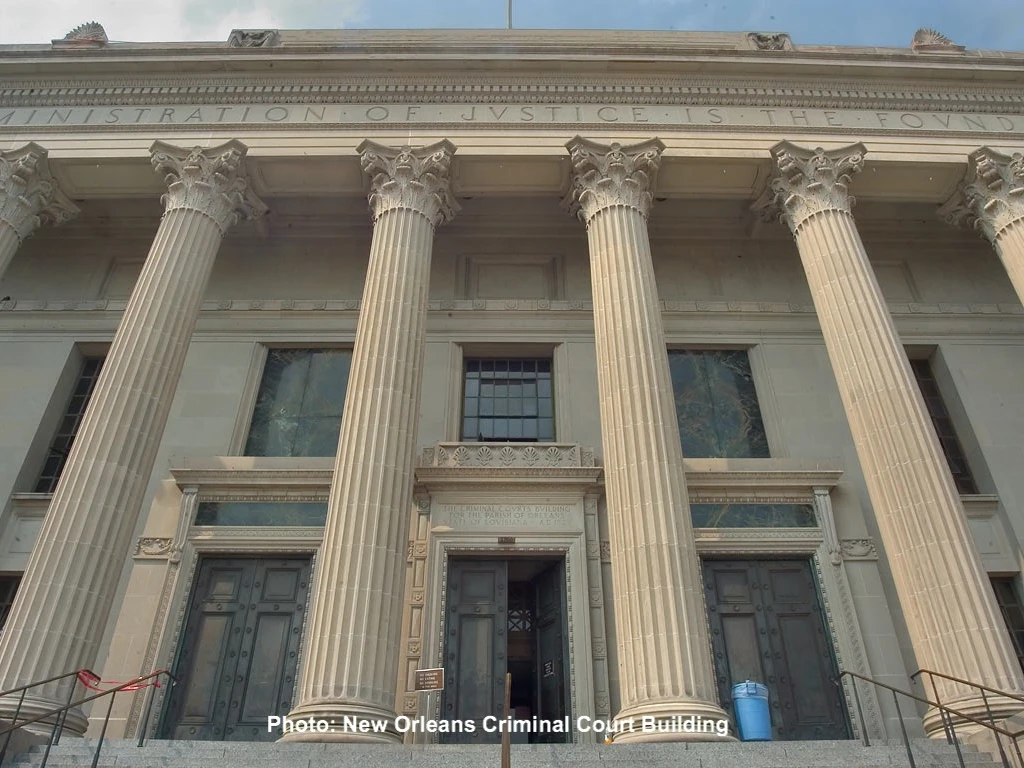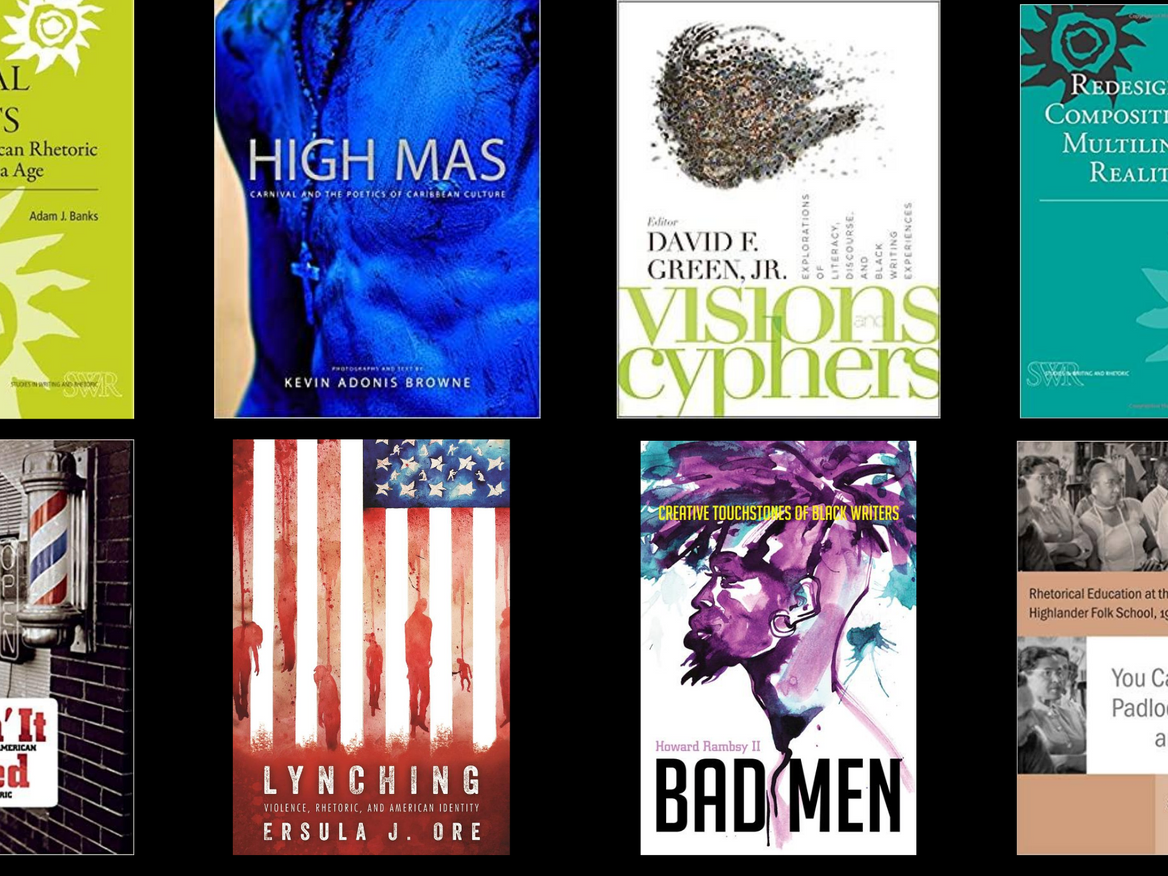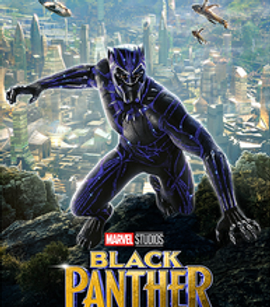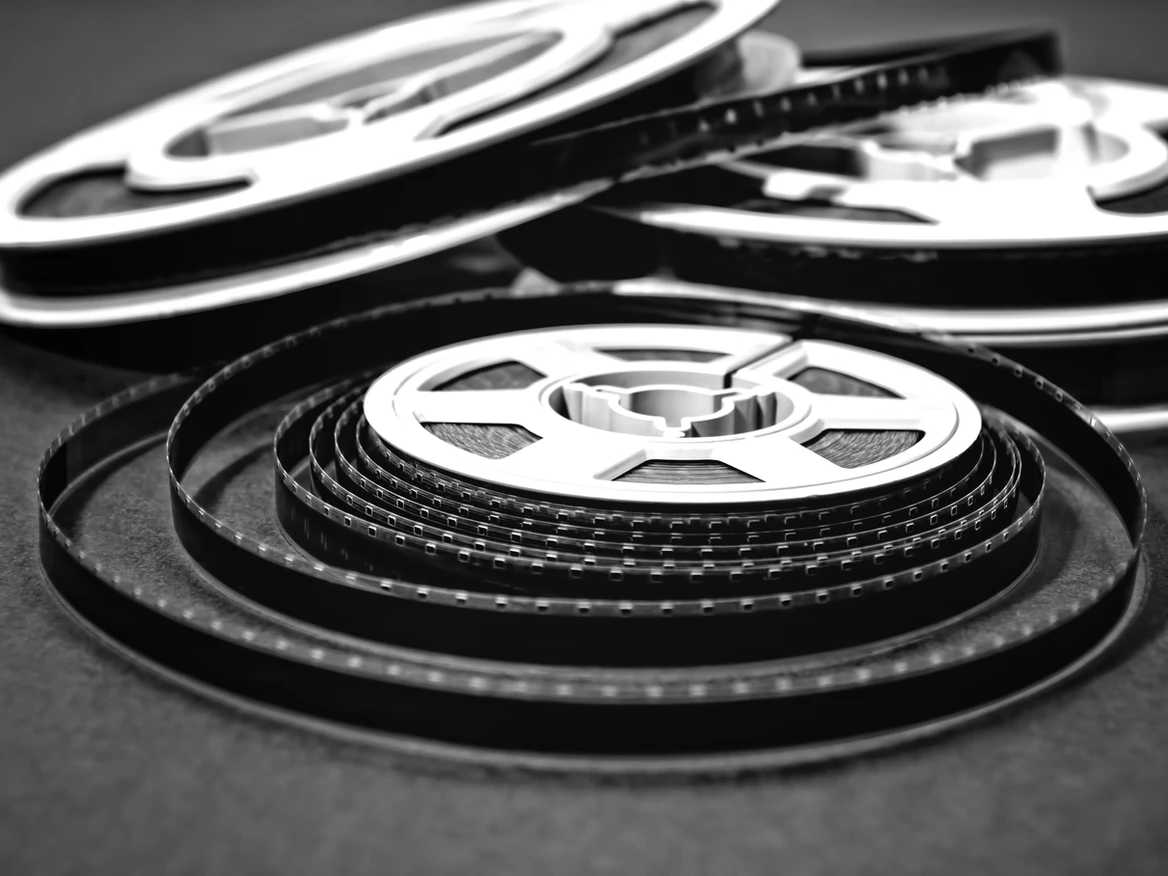I missed a good speech on September 15, 1970. The person that gave it, Chuck Scott, as we knew him, was a childhood friend, my next-door neighbor in Corona, Queens, who was like a brother to me. There were five Scott brothers, and I fit right in the middle of the bunch age-wise, so I became an honorary brother, fourth in the birth order, five weeks behind number three. I had a front-row seat to some of Chuck’s compelling orations. He would shadow box around the room with a monologue to match. He promised to shake up the world like Ali, maybe even beat him and outtalk him one day. In 1964, he seemed persuasive and all seemed possible.
Then the other years came. We brothers had various pathways, different locations to get to, our own obstacles to try to hurdle. Brother didn’t always mean tight or close. It meant love and that we would try to keep our stories entwined as positively as we could.
I don’t recall the origin of the anti-capitalism talk. With great clarity and flair, Chuck explained capitalism as a hustle that oppressed people like us. It made sense; he had always seemed a natural teacher anyway. But at seventeen or eighteen, a year or so behind Chuck in more ways than one, I wasn’t prepared to do anything about it. I felt oppressed a few ways. Actually, I was more intrigued by why he was talking that way. He had been away, then back, and, before I was really interested in what he was saying, gone again. I heard he was up in Connecticut. During that time is when I think I understood that the designation Black Panther applied to him.
Battle on Piety Street
I knew nothing about his days in New Orleans. Almost all that I know now is what I discern from news reportage and Orissa Arend’s book, Showdown in Desire: The Black Panthers Take a Stand in New Orleans. I understand that in 1970, while I was trying to finish high school, nineteen-year-old Chuck Scott had been dispatched to the city to help organize a Panther chapter. Headquarters were in the Upper Ninth Ward, on Piety Street, adjacent to the Desire Housing Project, the largest, poorest, and bleakest in New Orleans. Of course, the authorities were determined not to let the Panthers gain a foothold in the area, but they gained one anyway in an area where many residents were supportive of their interventions regarding poverty, education, health care, a drug scourge, pest control, and police brutality. Of course, as was the case nationally, the local Panthers were thoroughly infiltrated. This led to the outing of two undercover policemen, Melvin Howard and Israel Fields, on the night of September 14, an attack on them in the street outside headquarters, and a raid by police the following morning, resulting in shootout dubbed a thirty-minute war. Miraculously, there were no official casualties.
Referred to as a “principled strategist,” Chuck was the first of the Panthers to surrender. Before doing so, he had gathered the group and gave what his comrade Malik Rahim (Donald Guyton) termed an inspirational speech. Rahim recalled his words this way: “We’re the Black Panther Party and we ain’t gonna bow down and we ain’t gonna allow anybody to degrade us or what we stand for. We gonna let everybody know that we stand for our rights as human beings and we’re gonna take it to court. If they convict us, we gonna let everybody know that in this country there’s two kinds of justice. There’s justice for the rich and powerful and there’s injustice for the poor and the disenfranchised. When you walk out of that door, everybody raise their hand and holler POWER TO THE PEOPLE.” I don’t doubt the substance; I just think there was a different, maybe more elaborate text in the air, and I wish I had access to it.
Trials
Chuck was charged with anarchy and attempted murder. He would stand trial with eleven others who faced the same charges. He was missing his physical shot at Ali, who was beginning his second act in a few weeks after three-and-a-half years away from the ring because he refused induction into the Army. Chuck wasn’t within fifty pounds of Ali anyway. The 29L pants wouldn’t get it either. But he might have outtalked him.
I pretty much can account for my September 15th. I had just started working the third shift on a janitorial crew, so that morning I was most likely trying to get a nap if my two-year-old nephew, whom I babysat, was cooperating. That night it would be back to mopping floors, contemplating trading in the mop for college, and trying to figure out where college fit in the scheme of things. And where the Black Panther Party fit as well. The Corona office was only three or four blocks from my home. What were the possibilities?
I finished a pretty tame semester at Queensborough Community College the following spring; then I went into reading overdrive. Send all radical literature my way.
The New Orleans trial was clear cut. On August 6, 1971, it took the jury less than half an hour to decide that no anarchy and no attempts to murder had been established. Not guilty was the verdict for all twelve defendants. But I still didn’t know about all of that. The details didn’t hit the family grapevine, and, given the tensions in the Party by the summer of 1971, not to mention the number of members imprisoned, it wasn’t much of a source of information.
I think Chuck was back in Queens by the middle of 1972. I don’t know what we talked about. I had a lot going on.
Senior Circles
The old days never came up in our later discussions. Neither of us lived on the block after the 1970s. When I stopped by his mother’s house to visit, I’d usually see his youngest brother, who would always phone him whether or not I asked. Chuck was reluctant to take the calls, but after his brother’s loud objection—but it’s Keith—he would get on the line. He always asked how I was doing and wished me well. Never much more expansive. He would add that he was doing okay. I heard through other channels of his learning and teaching computer programming. But conversation never felt okay, never lively or enthusiastic, no traces of the laughter of youth. None of the intellectual vibrancy he had to display in New Orleans. I knew there were still some dues to pay.
I think when you and your true friends get old enough you go back and try to figure out all the dangling stuff, the narratives no one bothered to fill in back in the day. I’m on the phone doing this for hours every week. You settle things memory by memory and revelation by revelation. Chuck didn’t get old enough. He died July 21, 1999, at the age of forty-eight.
The overall senior circle shrinks, but smaller senior circles can expand. We got griots, activists, survivors, scholars, researchers. This one is wondering about those words spoken by a nineteen-year-old behind a barricade in New Orleans fifty years ago today. This one is thinking that more will be told about them. This researcher remembers a childhood on the block, a brash and beautiful neighbor, and the oratorical promise of a brother.





